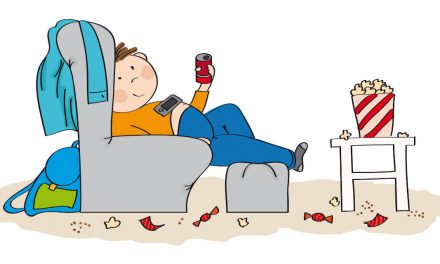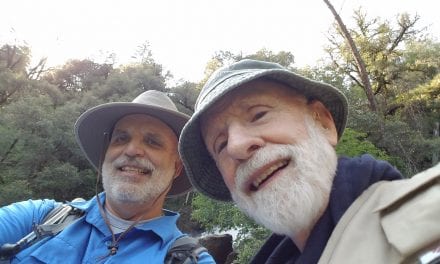You don’t have to look far these days to find articles, blog posts, and even classes on how to better achieve that elusive work/life balance. We simply don’t know how to turn it all off and find the joy in other parts of our lives.
By Leslie Quintanar
You don’t have to look far these days to find articles, blog posts, and even classes on how to better achieve that elusive work/life balance. We Americans, in particular, work more, play less, and have more stress than many of our fellow foreign countrymen. We simply don’t know how to turn it all off and find the joy in other parts of our lives.
The Dilemma of Not Making Our Vocation Our Identity
Akin to this dilemma is the sage advice that we cannot make our work synonymous with our identity. It cannot define us. It cannot rule us. Most of all we cannot feel as though we have lost ourselves if we are no longer able to perform those tasks associated with our vocation. Even a casual look at a bookstore display or the newsfeed of many social media sites generates countless articles about “me” time and how to prevent yourself from being depleted at work.
I have struggled with this for years. I work too many long hours, worry too much about my employees and residents, take family feedback very seriously, and often lay my head down on the pillow wondering if I’ve done enough that day. Some of that can be chalked up to my own neuroses coupled with a bent toward perfectionism, but I’ve also come to realize that much of it is something else.
The Puritans Were Right
Many of the Puritan writers (and no, they are not all fire and brimstone as many would readily associate them to be) subscribed to the line of thought that your vocation is much more than just a job. In fact, they believed that your vocation is your calling. Let me repeat so it can sink in: Your vocation is your calling. That may be a little tougher to envision if one’s profession is that of a machinist or another job that may not require working directly with people. However, if you give it some thought, you can see its relevance.
A job, no matter how redundant, touches lives at some point; either directly or indirectly. I may not see the person who oversees quality assurance in the plant where my car was made, but I sure am thankful that they chose to do their job well for the benefit of the precious cargo I shuttle all over each day. Likewise, I cannot tell you how many times I’ve been having a bad day and someone, perhaps at the grocery store or airport, smiles and speaks kindly to me and it lifts my spirits.
Senior Living Realm
For those of us in the Senior Living realm, we don’t have to look too far so see the potential impact we are able to make. It may be with a family member struggling as they watch their loved one descend into the depths of dementia, or an employee struggling with health issues and needing to continue to work to provide for their family. It has definitely been sitting at the bedside of a resident who is actively dying, crying with those who have lost a spouse after decades of marriage, and dealing with long-fractured relationships within families that have little hope of ever being healed.
The Happy Imbalance
So much of what we do is well outside the parameters of our job descriptions. We are far more invested and connected to our residents than a therapist to some other professional might call “healthy”. But here’s the thing . . . after so many years of championing those who may not be able to fight for themselves, assisting families as they navigate through the healthcare world, and being present in the lives of those who are on their way to another place, I’m not so sure we can find the proper work/life balance.
And what’s even more evident to me is that I’m not so sure we even want to get to that place of perfect harmony between the work and personal life. Personally speaking, I think I prefer to remain happily imbalanced, and many of those whom I have grown to admire most seem to feel the same way.







